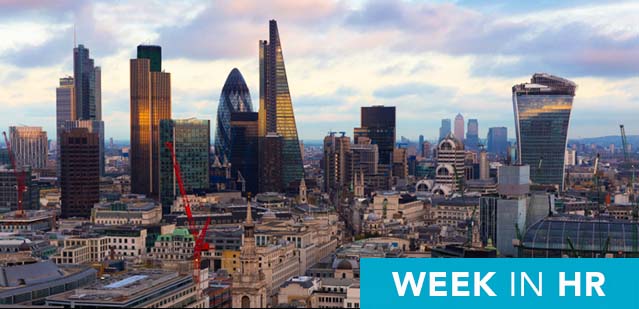Does worrying about work keep you up at night? New research suggests you’re not alone.
Is there a sleep crisis in the UK? Health and performance group Global Corporate Challenge (GCC) think so. They blame technology and increased expectations for digitally connected workers. Harvard professor Stuart Quan wrote the report. He found that ‘connected’ workers are twice as likely to get fewer than six hours’ sleep a night compared to those who are ‘offline’. Stressed, anxious or depressed workers are also more vulnerable to insomnia.
Email, Blackberries and remote working are embedded in office culture. It is now difficult to imagine a world without instant access to colleagues and clients. There have been benefits for individuals. Technology makes it easier than ever to work flexibly. Wait for a parcel or a plumber is less frustrating if you can keep working.
It is easy to see how the creep of digital technologies makes it difficult for workers to draw the line between work and home time. Does digital connectivity still enhance your job when you log back on at home after being at work all day? Or when you can’t shake the habit of checking your emails while on holiday? How about that time you spent the weekend finishing a report?
Why should employers care how much sleep their employees are getting?
Perhaps you agree that it is a good idea to have a happier and more motivated workforce. If you need concrete reasons, the study found that sleep-deprived workers have less energy. They report greater levels of fatigue and their concentration and productivity also suffer.
Professor Quan suggests that sacrificing rest to appear more productive is a false economy. A “lack of sleep negatively affects productivity through increased levels of absenteeism and presenteeism. It increases the likelihood of mistakes and accidents. And in some industries this can have serious consequences.”
Those are compelling reasons for directors to heed the warnings of their HR teams. They might be enough to put employee wellbeing top of the workplace agenda. This is especially true where mistakes are costly, damaging to reputations or even deadly.
GCC suggest that employers should provide education and support around the sleep issue. One professional service firm now organises popular courses on sleep for its employees.
Management should also consider the impact of the 24-hour culture of continuous business communications. Is it acceptable to switch off email after hours, weekends and on holiday? When do employees need to be contactable? How is this communicated and managed?
And, if you want to get ahead, get to sleep!
Leave to take leave
Will uncertainty surrounding Brexit make people reluctant to take holidays?
The answer, if history is anything to go by, is yes.
The Office for National Statistics (ONS) has issued new data. It reveals that the amount of holiday leave has reached its highest level since 2007. Is this about to reverse? ONS’s figures also suggest that workers are exceeding their contracted hours and choosing not to take their holiday.
Workers may be starting to think twice before jetting off to sunny climes. Reasons cited include job insecurity, fear of redundancy or simple financial necessity. Economic uncertainty surrounding the UK’s vote to leave the EU hasn’t helped.
What should employers do to make sure workers take their annual leave?
The relevant legal obligations are set out in the Working Time Regulations 1998 (WTR). The WTR grant employees a right to 28 days’ annual leave, inclusive of Bank Holidays. There is no specific obligation on employers to ensure an employee takes all 28 days. It is possible for them to insist that staff take their holidays.
Head of PwC Legal Ed Stacey, writing in HR Magazine, suggests that it is appropriate for employers to exercise this right in certain circumstances. For example, if the employee is exhibiting signs of stress and exhaustion.
Businesses have a legal duty to consider ways of reducing employees’ stress levels. Proactively encouraging time off could help. It ensures that employees have time off and, when they do go on leave, that it is actually relaxing.
What can employers do to guard against the risk of potential stress-related tribunal claims? Prudent employers should have procedures that enable them to track and manage working hours.
It would also be helpful to have a paper trail. This will help prove that you encourage staff to take their full annual leave entitlement and remind employees that they need to book leave.
About the author(s)
Ian is a London-based professional support lawyer (PSL) legal director. Ian is a member of our pensions and combined human resource solutions (CHRS) teams. He works with clients to solve their employment and pensions law issues. Ian maintains a particular focus on 'crossover' issues that benefit from his understanding of both areas of law.

